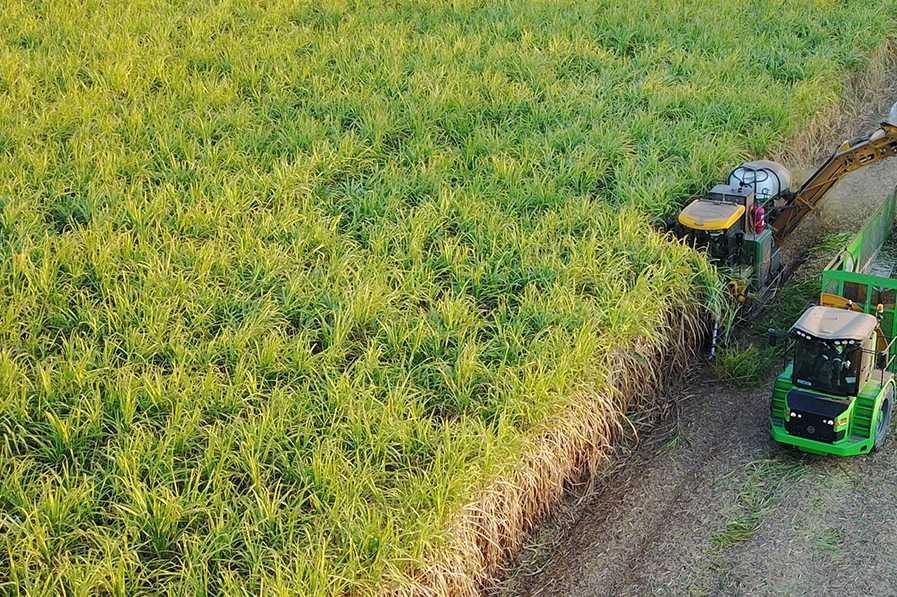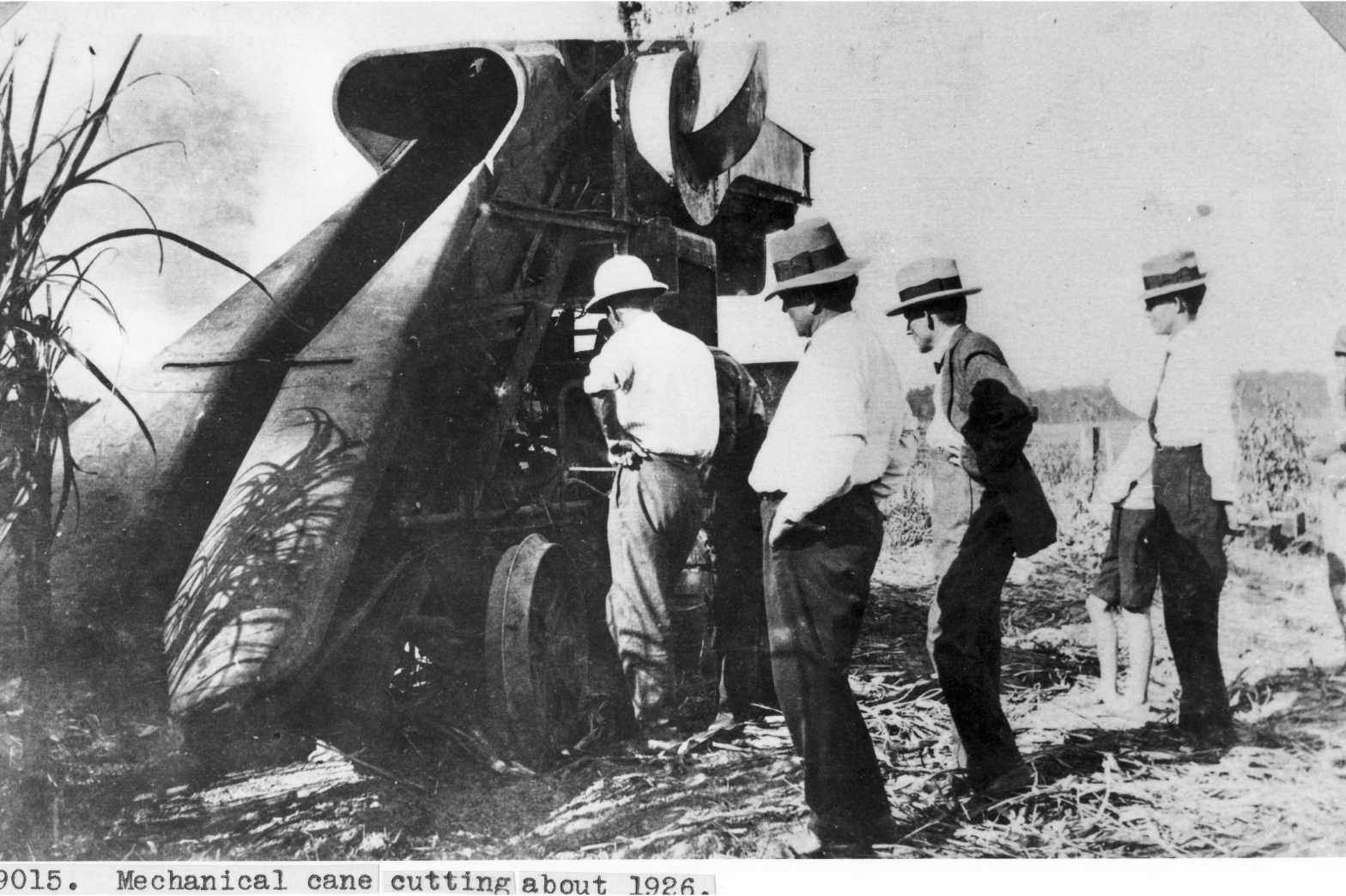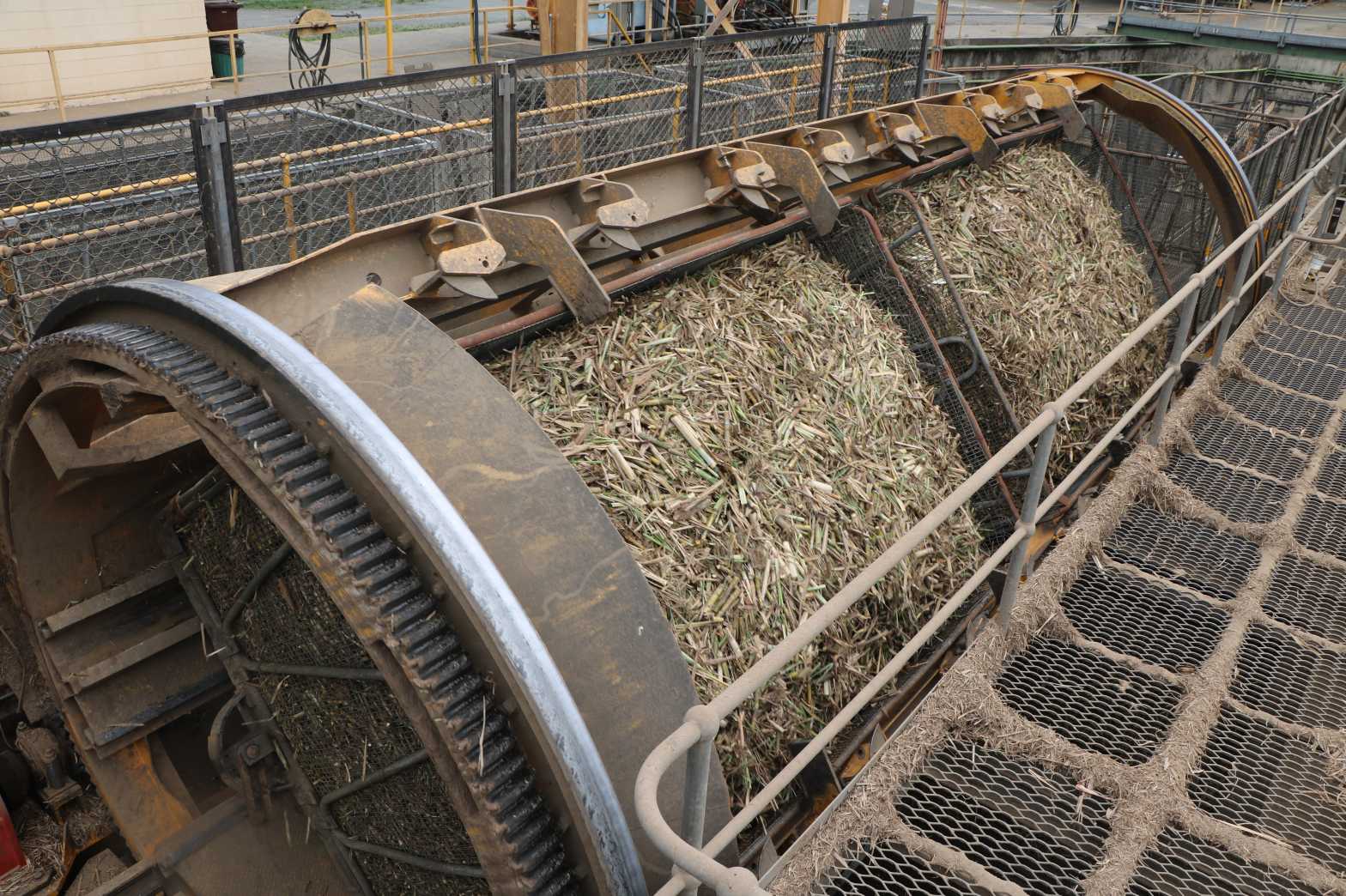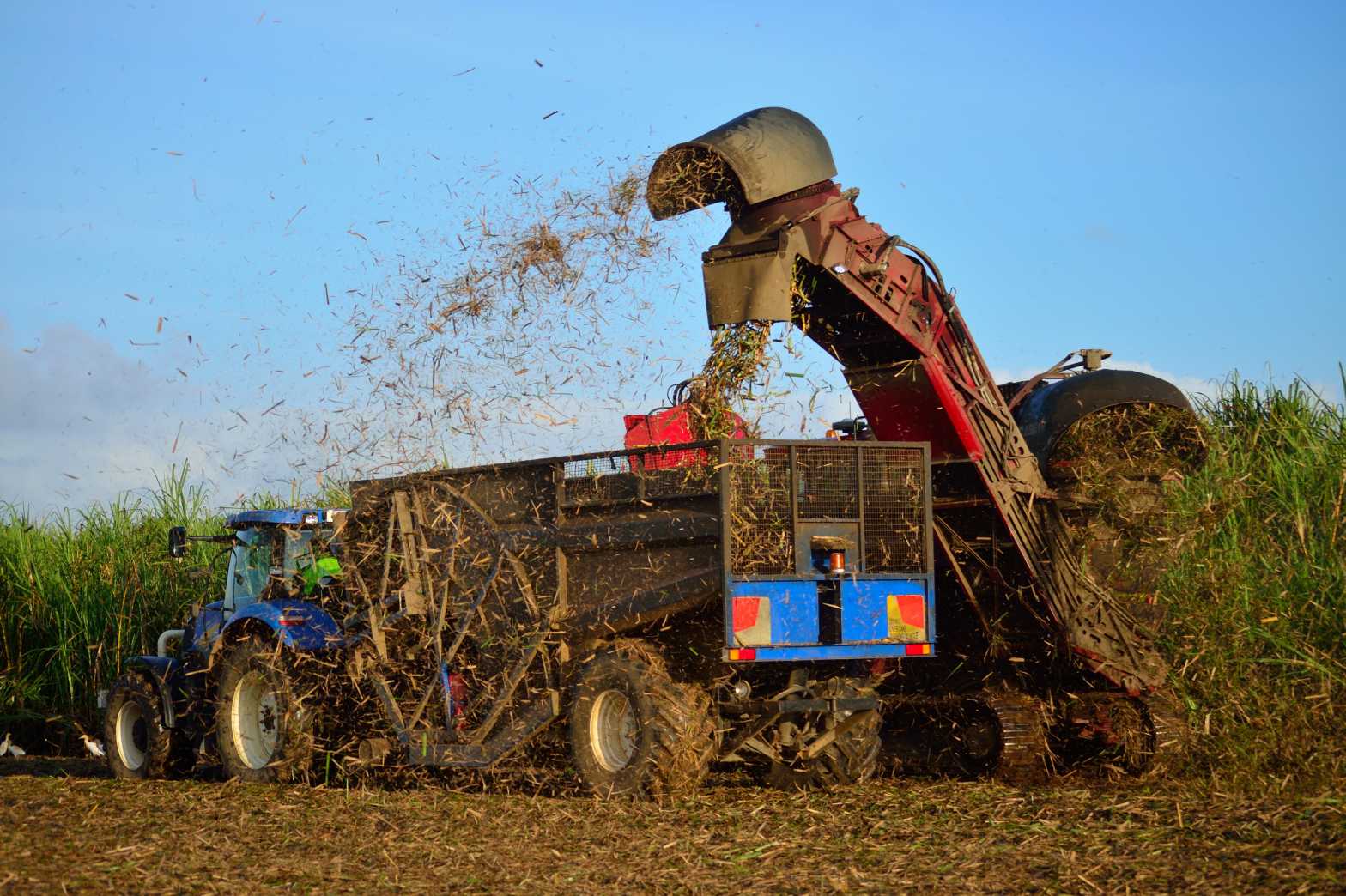It’s not every week we get to talk about good news — but this one’s worth acknowledging
First, hats off to the Queensland Government for extending the 15% discount on rural irrigation electricity charges. It’s a common-sense decision and a direct result of industry advocacy. For farmers like me in high-cost areas like the Burdekin, this brings much-needed relief as we face relentless water and power bills. From 2025, you’ll need to apply via QRIDA, so I urge growers to check their eligibility early.
But if there’s one thing that defines our industry, it’s that progress never happens in isolation.
Earlier this month at the CANEGROWERS Policy Council, we brought together representatives from every mill area to discuss the season ahead. Two months into the 2025 crush, it’s clear that collaboration is delivering results with the mills having crushed almost 50% more cane than they had at this same point last year
Despite workforce and logistical pressures, the early signs are positive. That’s down to the dedication of mill workers, the investment made during the off-season, and the efforts of harvesters and growers working in step. We’ve all been through a number of very tough years with reliability issues — so when things go right, it’s important to say so.
Let’s hope this trend continues and milling companies can reinvest further in their facilities and catch up on the investment backlog. We know it takes big licks of money and the justification for this is on the back of reliable cane supply. It is clear too that many growers are trying to deliver this, and they have invested heavily in water efficiency and precision agriculture. Without affordable access to irrigation, these gains risk being undone — and we can’t afford that.
The path forward isn’t without challenges. Rising costs, volatile markets, and climate extremes continue to test us. But with smart policy decisions, investment in reliability, and strong relationships across the supply chain, we’re not just surviving — we’re showing what’s possible.
Let’s keep the pressure on where it’s needed, give credit where it’s due, and above all, keep working together.
Because when water flows and mills run, our whole industry grows.




